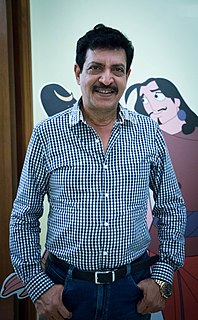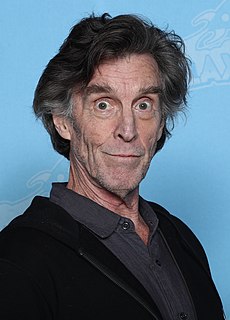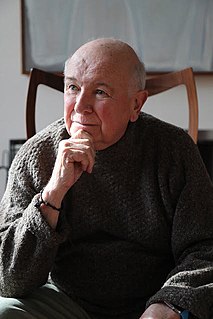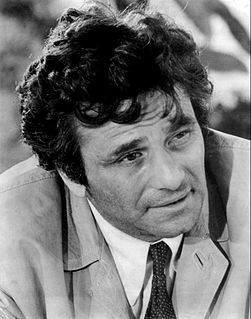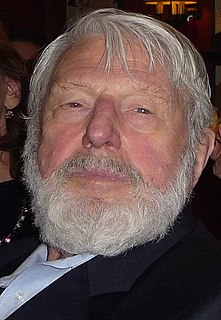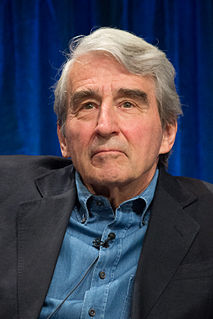A Quote by Nizhalgal Ravi
When I was an actor, I liked throwing a challenge to other actors.
Related Quotes
The biggest challenge for me, as an actor, is to be informed, prepared and focused, at the same time. I had to just keep on working, prepping, reading and imagining, all the way through, but the biggest challenge is always to let go of all that and just be open to others. That's what we do, as actor. We play with each other and we stimulate each other, and we have to be prepared to be stimulated by the other. That's always my big challenge.
The goal with me, and the way I challenge myself as an actor, is to go from genre to genre. I like that. A lot of actors always challenge themselves. But for me the challenge lies not only in getting better, but going from drama to comedy to action or whatever the case may be, and having a wide array of movies in terms of my filmography.
You work with every actor differently. It's like if you're a mother, if you have children, some children need more discipline. Other children you back off of a little bit and let them be. It's the same way with actors. Some actors need a lot of hand holding. Other actors like to be let be and you let them go. Some actors like to be nudged just a little bit. Some actors don't mind line readings.
You work with every actor differently. It's like if you're a mother, if you have children, some children need more discipline. Other children, you back off of a little bit and let them be. It's the same way with actors. Some actors need a lot of hand holding. Other actors like to be let be, and you let them go.
I thought I was going to be an actor. I liked entertaining. I was pretty much tap dancing for attention from a very early age. My family was kind of musical, and there were people in the circus next door and actors across the road. I just enjoyed messing around with music growing up, but I really thought I was going to be an actor.
Work with good directors. Without them your play is doomed. At the time of my first play, I thought a good director was someone who liked my play. I was rudely awakened from that fantasy when he directed it as if he loathed it. . . . Work with good actors. A good actor hears the way you (and no one else) write. A good actor makes rewrites easy. A good actor tells you things about your play you didn't know.
An actor is supposed to emulate life. Instead, alas, many are imitating other actors. You don't fashion your knowledge of theatre or your approach to a role on the basis of what other actors have done. This kind of thinking is a great danger, especially in dealing with TV producers who frequently say things like, 'This is a Sean Connery type.'
